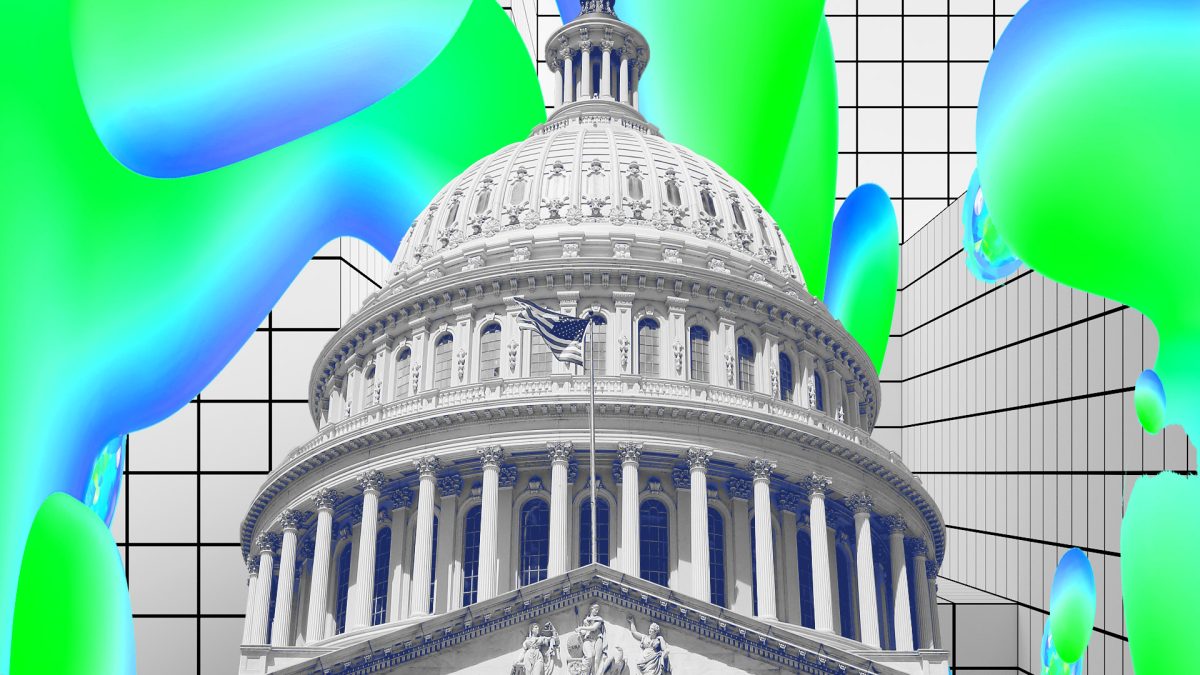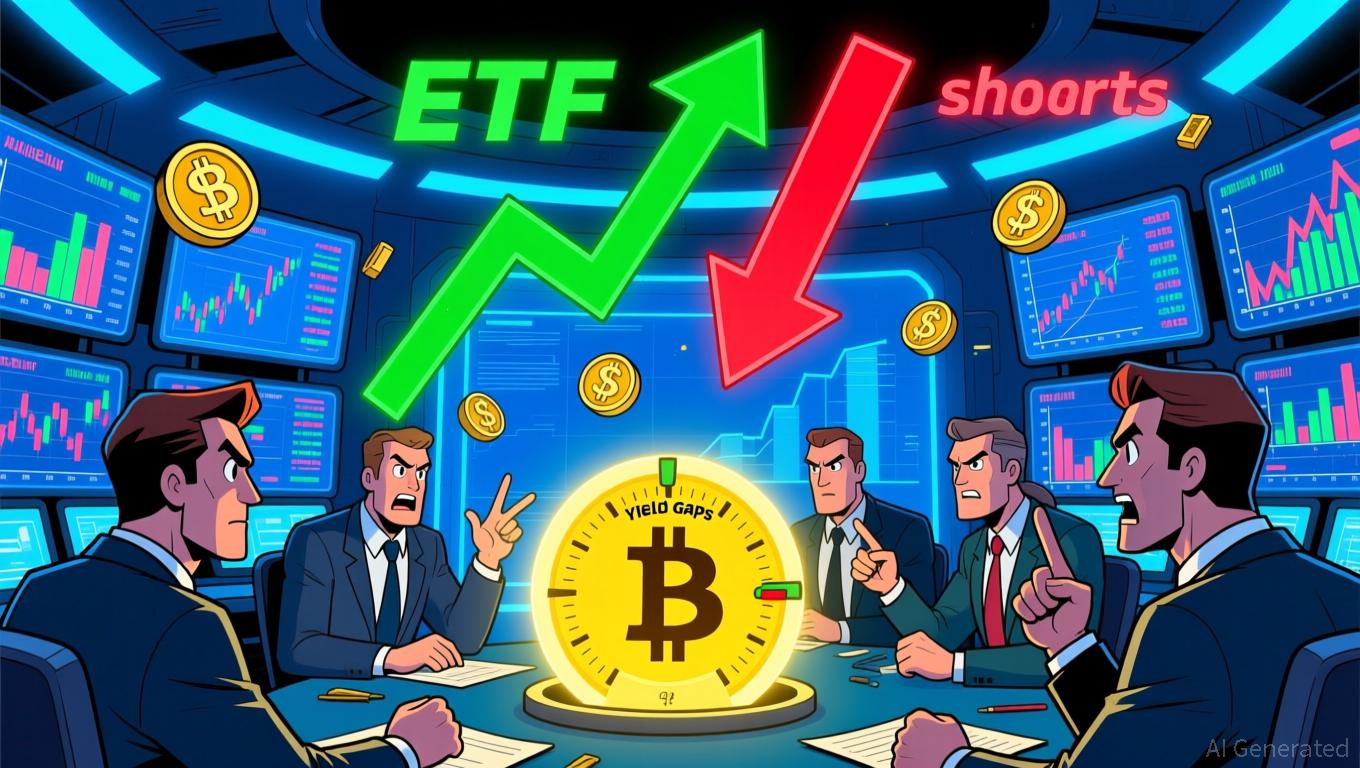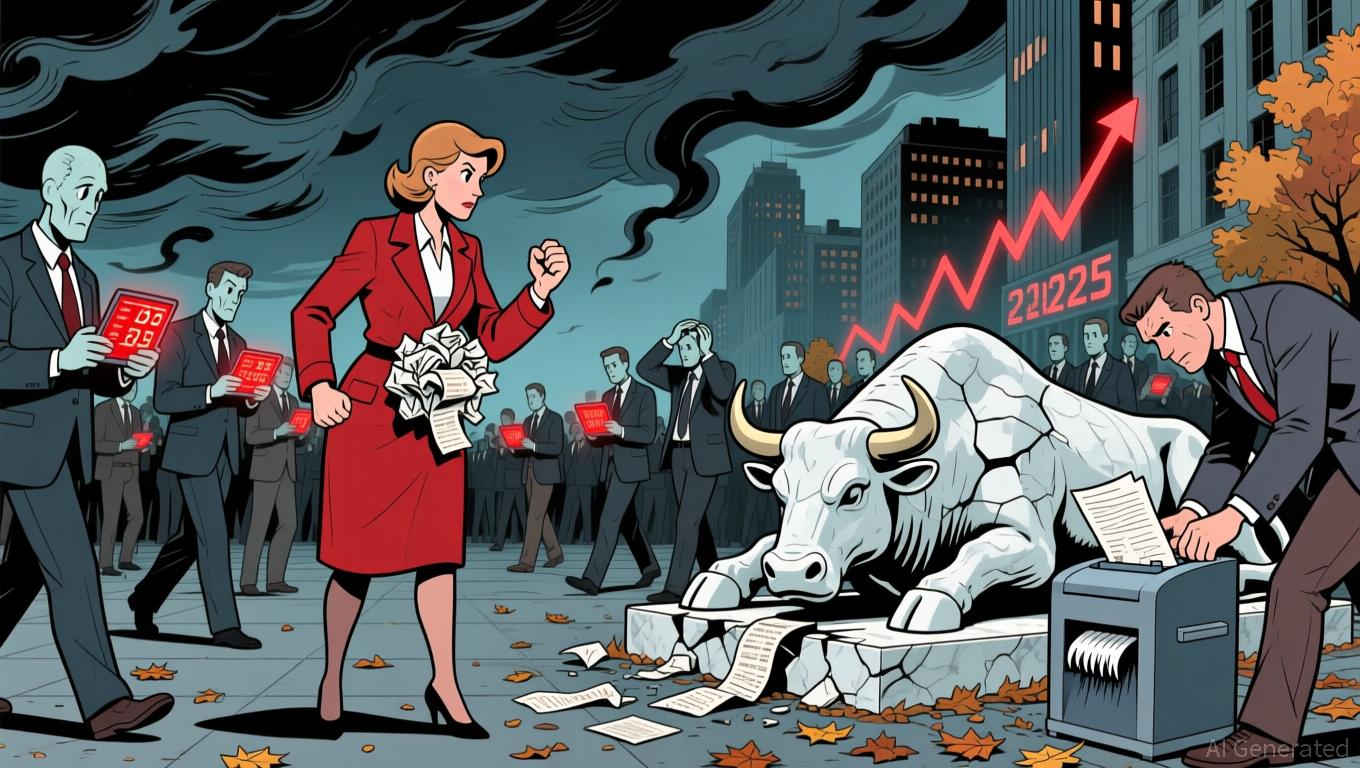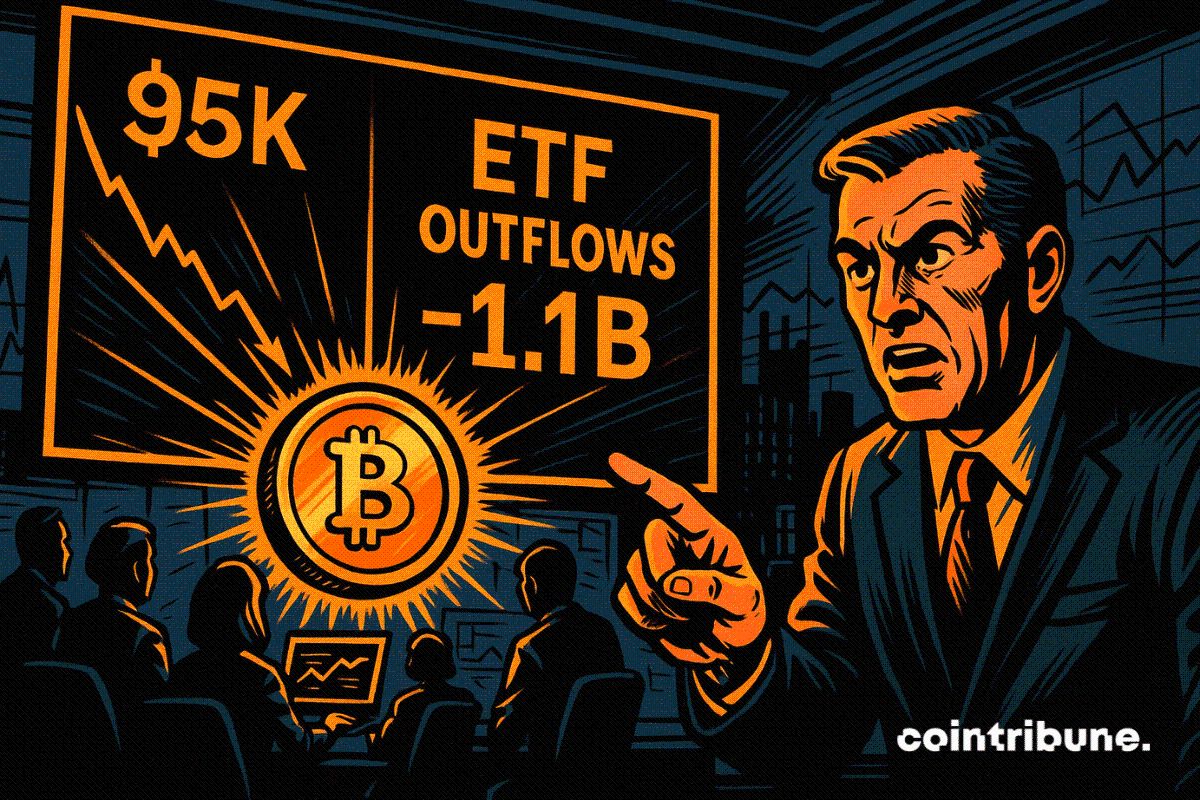Ripple's Stuart Alderoty: Crypto doesn't need a Dodd-Frank moment as lawmakers work to draft rules for digital assets
Quick Take “Dodd Frank was reactive to a crisis,” Ripple CLO Alderoty said on Thursday during a conference hosted by the Psaros Center for Financial Markets and Policy at Georgetown University. Lawmakers in Washington are working quickly to pass legislation, writing rules for the cryptocurrency industry at large.

The cryptocurrency industry doesn't need Dodd-Frank-like legislation, said Ripple Chief Legal Officer Stuart Alderoty as lawmakers in Washington barrel toward trying to pass a bill that would regulate that sector at large.
"Dodd Frank was reactive to a crisis," Alderoty said Thursday during a conference hosted by the Psaros Center for Financial Markets and Policy at Georgetown University, and said crypto legislation should instead be "proactive."
The Dodd-Frank Act is a federal law passed in 2010 as a response to the 2008 financial crisis. It bolstered oversight and regulation of the financial industry, in part through creating the Consumer Financial Protection Bureau and the Financial Stability Oversight Council, to root out risks and protect consumers.
Lawmakers in Washington are working quickly to pass legislation, writing rules for the cryptocurrency industry at large. The House passed a bill over the summer that would designate how the U.S. Securities and Exchange Commission and the Commodity Futures Trading Commission will regulate crypto and also requires digital asset firms to provide retail financial disclosures and segregate corporate and customer funds. A Senate Banking Committee version of the bill has different components, including a term "ancillary assets" to shed light on which digital assets are not securities. Both chambers would need to agree on one bill, and later get the president's signature, to pass into law.
Senate Banking Committee Chair Tim Scott has said he wanted to get something done on that legislation by the end of the month , but that now is likely to be pushed back in part as a government shutdown looms. The Senate Agriculture Committee would also need to vote on a crypto market structure bill.
Market structure is complicated, Alderoty said.
"I'm all for market structure, that's smart legislation, but what we don't need is a Dodd-Frank for crypto at this stage," Alderoty added.
Disclaimer: The content of this article solely reflects the author's opinion and does not represent the platform in any capacity. This article is not intended to serve as a reference for making investment decisions.
You may also like
Bitcoin Updates Today: Institutional Bitcoin Buzz vs. Arbitrage Facts: Hayes Reveals the Strategy
- Arthur Hayes challenges institutional Bitcoin bullishness, arguing major players exploit arbitrage strategies rather than hold long-term conviction. - Harvard University's $442.8M IBIT stake and 15% Q3 surge in BlackRock's ETF holders highlight growing institutional adoption. - Hayes reveals "basis trade" tactics where large holders buy IBIT shares while shorting Bitcoin futures to capture yield differentials. - ETF flows show $2.3B November outflows and Wisconsin's $300M IBIT liquidation, reflecting vol

Bitcoin News Update: Bitcoin Drops Under $95,000 as ETFs See $3.2 Billion Outflow, Institutional Interest Declines
- Bitcoin fell below $95,000 on Nov. 17, 2025, due to ETF outflows, weak institutional demand, and broken technical support levels. - Digital asset products saw $3.2B in outflows over three weeks, with U.S. spot Bitcoin ETFs losing $1.1B in a record fourth-largest weekly outflow. - MicroStrategy bought 8,178 BTC for $835.6M, reaffirming its commitment to Bitcoin as a treasury asset despite market weakness. - Solana and Ethereum fell over 15% and 11%, respectively, as broader crypto markets weakened amid fa

Bots Take the Lead Online as Automated Content Reshapes User Experience

Stobox and REAL Finance Join Forces to Revolutionize RWA Infrastructure

